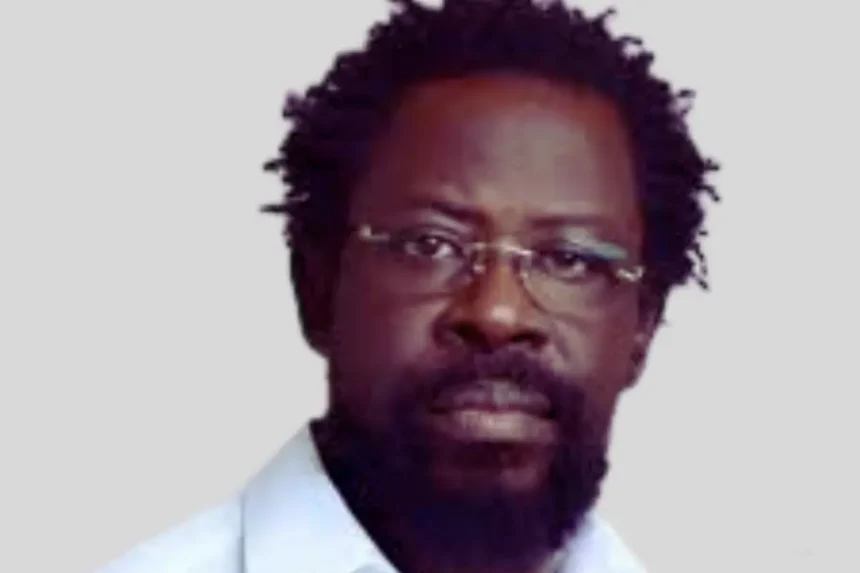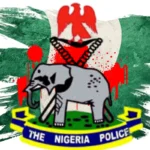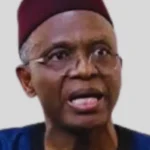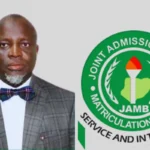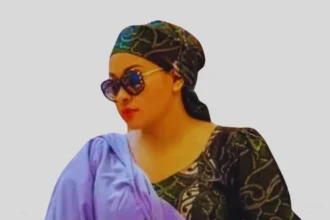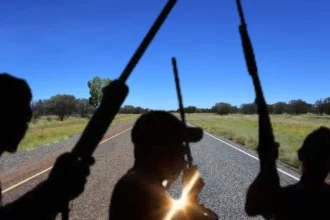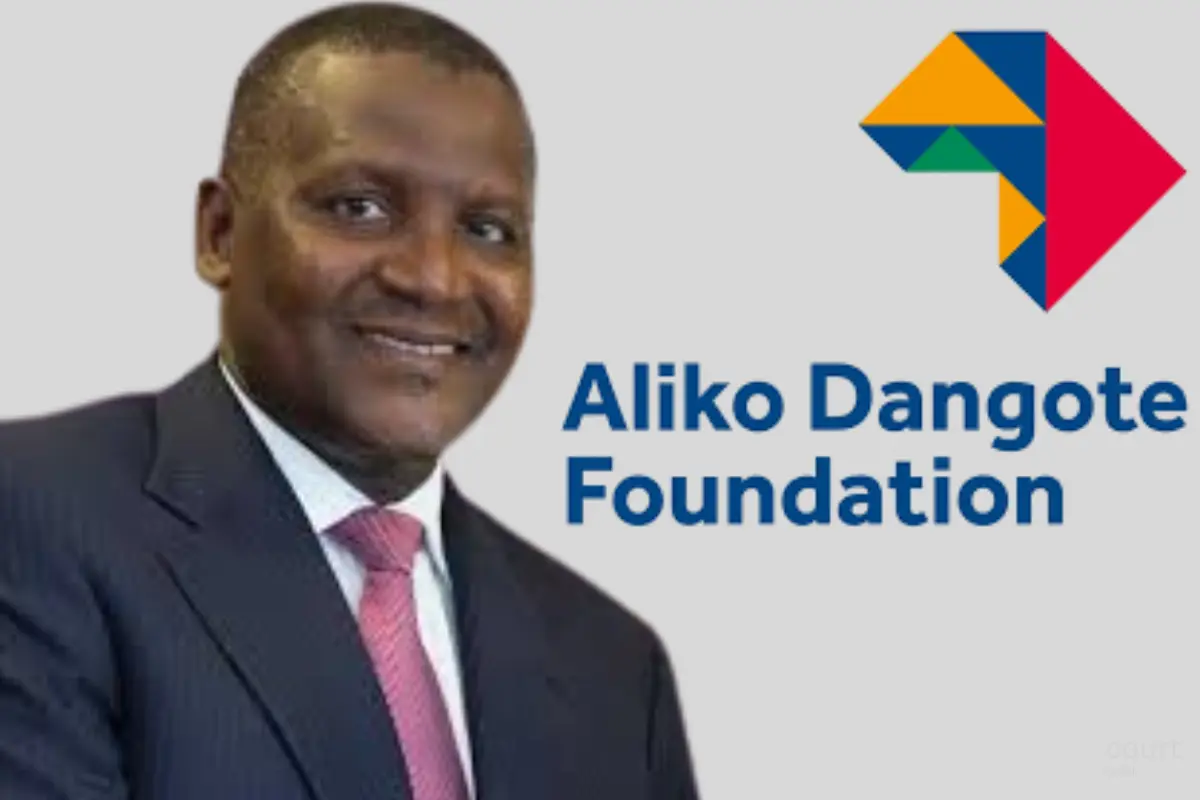Activist calls out pastors and imams over their lack of response as deadly attacks persist across Nigerian states
April 16, 2025 | Nigeria – Amid a disturbing wave of violence that has claimed hundreds of lives across Nigeria, human rights activist and lawyer Dele Farotimi has openly criticized religious leaders for their silence. The killings, allegedly perpetrated by armed herders, have continued for months in various parts of the country with limited media coverage and scant public condemnation from prominent spiritual figures.
Taking to social media platform X (formerly Twitter), Farotimi expressed outrage over what he described as an unacceptable silence from both Christian and Islamic clerics in the face of what he referred to as “genocide.”
“What are your pastors and imams saying, even as the innocent’s blood has soaked the Nigerian soil in recent days? How loud has been their silence in the face of the genocide that ravages the land? Fast and pray? Sue for peace? Your shepherds are worse than wolves! Tag them!” Farotimi wrote.
Unrelenting Violence in Forgotten Corners.
Reports from local communities in Benue, Plateau, Enugu, Oyo, and southern Kaduna describe a grim reality: continued assaults on villages, killings of unarmed civilians, destruction of homes, and displacement of entire populations. In many cases, the attacks occur without warning, leaving residents defenseless and mourning loved ones.
In Benue State alone, dozens of attacks have been recorded in recent months, with casualties including women, children, and the elderly. Similar violence in Plateau and Enugu has left many communities on edge, with local leaders warning of deepening ethnic and religious tensions.
“These killings have become normalized because they rarely make headlines anymore,” said a local farmer in Bokkos plateau state who asked not to be named for safety reasons. “People are dying, and the nation has moved on.”
A Crisis Missing from the Headlines.
Despite the scale of the attacks, national attention remains sporadic at best. Analysts suggest that the lack of sustained media coverage has allowed the situation to deteriorate unchecked. Civil society organizations have repeatedly called for transparency, justice, and an urgent national dialogue to address the root causes of the conflict.
Religious Leaders Under Scrutiny.
Farotimi’s comments have reignited public debate about the moral responsibilities of Nigeria’s faith leaders. In a country where religion holds profound influence, critics argue that silence from the pulpit during a national crisis is tantamount to complicity.
Outrage on Social Media
🗣️ @RealAlmoner
“The pastors are busy having tea and 🍞 with ‘god’, while the Imams are looking for blasphemers to lynch. Pastorprenuers! Criminals on pulpits.”
🗣️ @ObiYhwh
“RCCG, Pastor Adeboye… 😢😢😢 How are the mighty fallen? God have mercy!”
🗣️ @chikaagina01
“This Adeboye prayed for Ukraine during GEJ. Now silent on killings across Nigeria. We question these men, not our God.”
🗣️ @Zenga1974
“Every member of CAN is a coward.”
🗣️ @Joeitatu
“‘God of men’ only speak when their cash flow is threatened.”
🗣️ @nemeremibe
“Cain killed one person and God cursed him. What then of Nigeria, with blood flowing per second?”
🗣️ @ETOfficially
“They’ll speak up when it affects them. Right now, they think it’s someone else’s problem.”
When they choose silence, it sends a powerful message—one that victims are left to interpret as indifference.”
Some clerics have issued general calls for peace and prayers, but many believe this is insufficient given the severity of the crisis. There is mounting pressure for them to take firmer stances, name the violence for what it is, and demand accountability from both state and non-state actors.
Government Response and Public Confidence.
While the federal government has made repeated statements about deploying security forces to affected regions, residents report little improvement. Delayed responses, lack of arrests, and a perceived absence of justice have left communities feeling exposed and forgotten.
“The people need more than assurances—they need protection, justice, and real change,” said a farmer in Oyo State. “We are tired of burying our dead.”
A Nation at a Crossroads.
As the death toll continues to rise, the silence surrounding the crisis is becoming increasingly difficult to ignore. From local community leaders to prominent activists like Dele Farotimi, the call is clear: Nigeria must confront the violence head-on, and its leaders—religious and political—must not remain bystanders.
The question remains: how many more lives will be lost before the nation truly pays attention?
